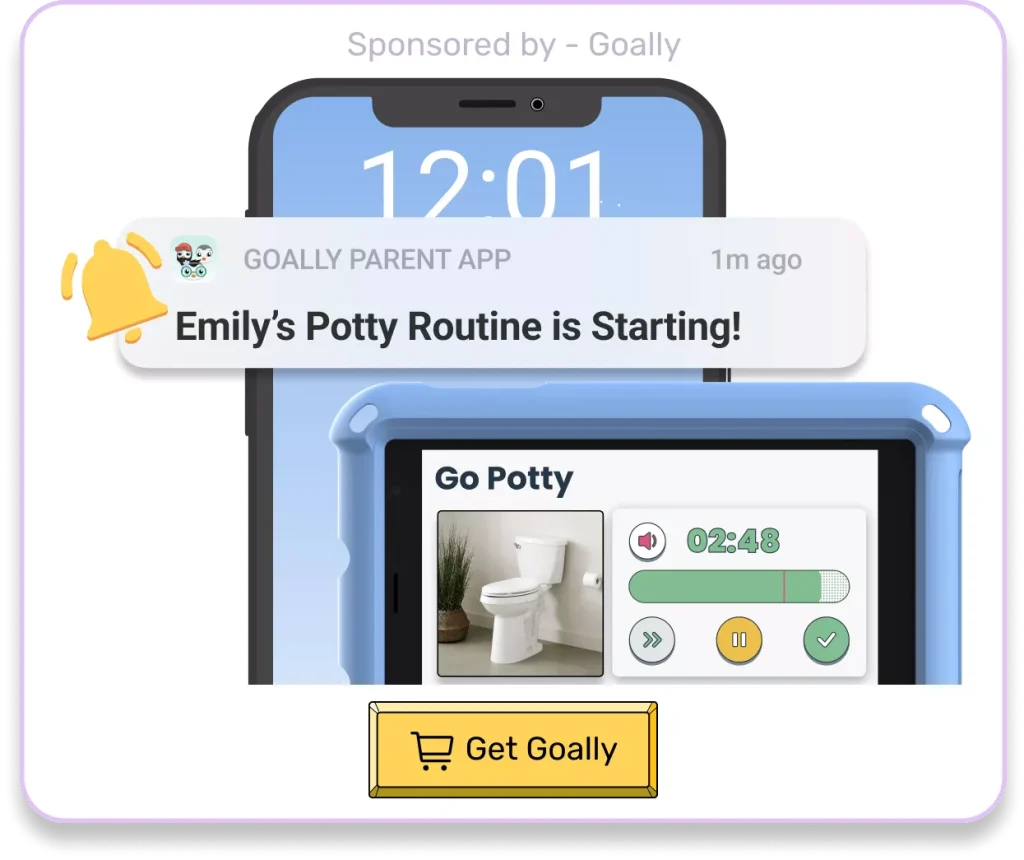At what age can autism be reliably diagnosed? Together, we’ll look into the when, what, and how of autism diagnosis. By the end, you’ll have the knowledge to support your kid on their unique journey. So, let’s begin.
Table of Contents
The Early Advantage: Why Diagnosing Autism Sooner Matters
Did you know that autism diagnosis age plays a significant role in your child’s growth? Research shows that early diagnosis and support can significantly affect how your child develops. Kids who receive help before turning 3 can improve their thinking, social skills, and daily life activities. So, let’s join forces and unravel this autism diagnosis puzzle!
Decoding the Timeline: Key Milestones in Autism Diagnosis Age
Autism may be diagnosed at different ages, but here are some crucial milestones to consider:
- 18 months: A few experts can spot autism at 18 months, but it’s not common.
- 2-3 years: Most kids with autism can be diagnosed between ages 2 and 3.
- 4-5 years: Children with milder symptoms might be diagnosed around ages 4-5.
Let’s examine why these milestones matter and what you can do as a parent.
Goally | Visual Scheduler for Autism
Does your child struggle with getting ready in the morning independently? Goally’s routine app on the best tablet for kids breaks down large tasks into small, achievable steps for autistic kids. Create custom routines with your own videos & pictures for every step.
Be Watchful: Spotting Autism Signs in Your Child
As a parent, you’re the top detective for your child. Keep an eye out for these clues that could signal autism:
- Talking later than other kids their age
- Not making eye contact or responding to others
- Repeating actions or being super focused on one thing
- Having a hard time understanding social cues or instructions
- Being extra sensitive to touch, sound, or taste
If you see any of these signs, it’s time to call in the experts for help. But what does the journey to an autism diagnosis look like? Let’s find out!

Read more: Does Autism Affect Life Span?
Follow the Clues: The Path to an Autism Diagnosis
The road to figuring out an autism diagnosis age involves three key steps:
- Regular Check-ups: Your child’s doctor will look for signs of autism during routine visits. If they spot something, they’ll send you to a specialist.
- Thorough Evaluation: A team of experts, like a psychologist and a speech therapist, will test your child’s thinking, talking, social, and movement skills.
- The Big Reveal: Based on the tests, the team will decide if your child has autism and how much it affects their life.
Now that you know how the process works, let’s explore how to support your child after an autism diagnosis.
Team Up: Supporting Your Child After an Autism Diagnosis
Once you know your child’s autism diagnosis age, it’s time to gather your squad of experts. Early help can make a world of difference. Here are some popular ways to support your child:
- Applied Behavior Analysis (ABA)
- Speech-Language Therapy
- Occupational Therapy
- Social Skills Training
- Parent-Led Interventions
Each of these approaches offers unique benefits, so finding the right mix for your child is essential. But what can you do at home? Let’s check out some parenting pro tips!

Super Parent Tips for Raising Neurodivergent Kids
With your newfound knowledge of autism diagnosis age, let’s explore some tips for helping your child thrive:
- Learn All You Can: Learn about autism research, resources, and support groups. Knowledge is power.
- Set a Routine: Kids with autism love structure. Create schedules and set clear expectations. Consider using visual aids like charts and calendars to help your child understand what’s coming next.
- Make Friends: Help your child interact with other kids and practice social skills. Arrange playdates or join local clubs and activities to encourage friendship-building.
- Talk It Out: Use pictures, technology, and other ways to help your child share their thoughts. Alternative communication methods can open up a whole new world of self-expression.
- Celebrate Uniqueness: Focus on your child’s strengths and interests to build confidence. Encourage them to explore their passions and develop their talents.
Goally | Apps To Support Child Development
Looking for fun ways to help your child learn life skills? Try Goally! The Goally tablet comes with award-winning learning apps and video classes to help kids develop the skills they need to become independent with FUN & evidence-based practices.

Our apps teach executive function, language, emotional regulation, finger dexterity skills, and more.
As your child develops new skills, you can increase the difficulty level of the tasks in the app to challenge and motivate them even further. This helps your child grow and progress at their own pace, while also keeping them engaged and excited about their development.

Understanding the importance of autism diagnosis age is key to supporting your child’s development. Research shows that early diagnosis and intervention can have a profound impact on their thinking, social skills, and daily life activities. By staying vigilant and recognizing early signs, you can take the necessary steps to seek professional help. The path to an autism diagnosis involves regular check-ups, thorough evaluations, and a team of experts who will guide you through the process. Once diagnosed, assembling a supportive team and exploring various therapies can make a significant difference in your child’s progress. Remember, as a super parent, educating yourself, establishing routines, fostering social interactions, promoting communication, and celebrating your child’s uniqueness are all powerful ways to help them thrive. Embrace this journey, armed with knowledge and love, and watch your child flourish.
This post was originally published on 04/15/2023. It was updated on 09/21/2023.

Goally
We help parents teach their kids life skills, like doing bedtime and morning independently. Backed by science, we incorporate evidence-based practices and expert-informed designs in all of our apps and content.






